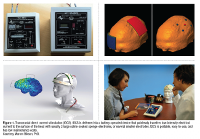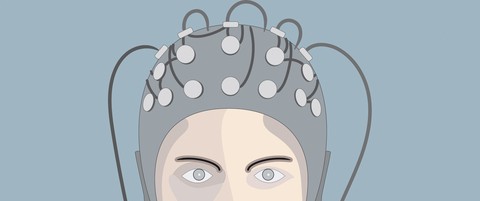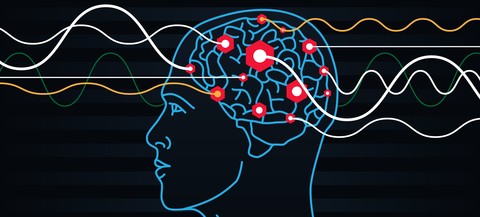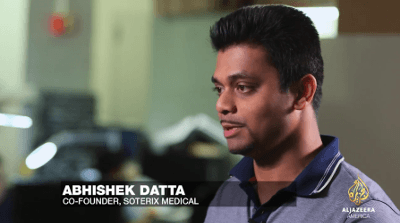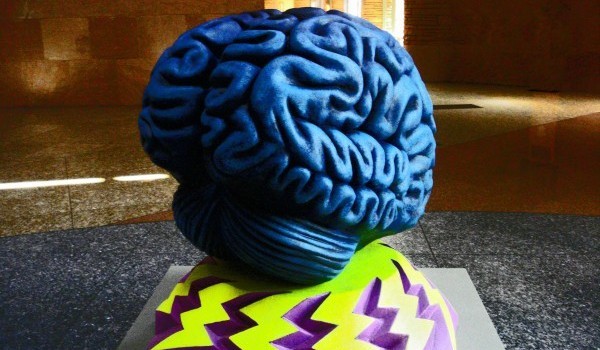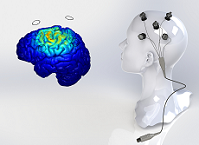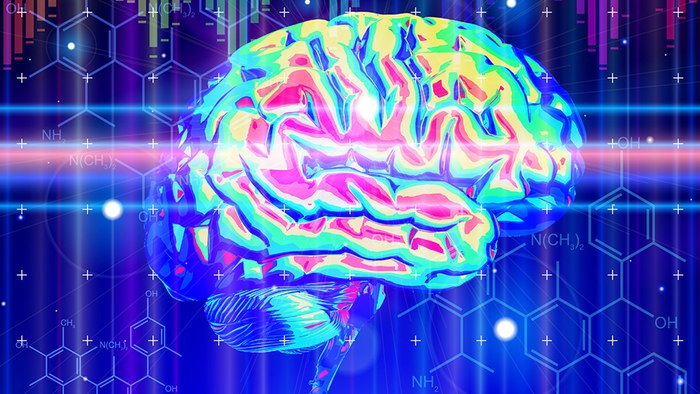Soterix Medical reports positive results from tDCS-LTE trials for Depression
Soterix Medical Inc (SMI) is pleased to report positive results from two double-blind, sham-controlled clinical trials of its proprietary transcranial Direct Current Stimulation-Limited Total Energy (tDCS-LTE) technology for the treatment of depression. The Depression tDCS-LTE system is unique in providing drug-free therapy with minimal side effects while maximizing energy delivery to the dorsolateral prefrontal cortex (DLPFC) region, which is implicated in depression control.
The first clinical trial reported tDCS-LTE was an effective, safe, and tolerable add-on intervention in patients with type I or II bipolar disorder in a major depressive episode and receiving a stable pharmacologic regimen. In this 59 patient randomized, sham-controlled, double-blind trial, tDCS-LTE produced an average 14-point improvement in Hamilton Depression Rating Scale (HDRS-17) scores, after just 12 treatments. The benefit persisted for over a month, with common side-effects no different than placebo. The results of the “Bipolar Depression Electrical Treatment Trial [BETTER]” were published in JAMA Psychiatry.
The second clinical trial reported tDCS-LTE to be superior to placebo producing an average 8 point decrease in the HDRS-17 after 15 consecutive weekdays of treatment (the induction phase), followed by 7 weekly treatments (the taper phase). In this 245 patient double-blind trial, patients received tDCS-LTE plus oral placebo, sham tDCS-LTE plus escitalopram (an SSRI drug), or sham tDCS-LTE plus oral placebo. The tDCS-LTE group had higher rates of itching or tingling, tinnitus, and nervousness than the other groups. The drug group side-effects included sleeplessness and severe constipation. At the trial endpoint, as the tDCS-LTE dose was tapered to weekly while escitalopram was maintained at a high daily dose, patients who received tDCS-LTE maintained significantly improved HDRS-17 scores compared to placebo while patients on high-dose escitalopram had slightly more improved HDRS-17 with noted side-effects. The results of the “ELECT-tDCS” trial were published in New England Journal of Medicine.
“We could not be more pleased with this series of controlled clinical trials,” commented Mr. Renato Moratore, VP Regulatory Affairs, “which validate Soterix Medical's commitment to developing technologies that provide unique benefits to patients and physicians. These proven benefits of tDCS-LTE as an add-on to drug therapy or a stand-alone treatment reflect years of scientific research and optimization by Soterix Medical engineers and clinical partners around the world.”
Mr. Kamran Nazim, Soterix Medical’s Chief Product Manager, added “There are two essential features of the Depression tDCS-LTE system that maximize efficacy through target engagement while simultaneously ensuring tolerability. The OLE electrode montage is optimized for DLPFC stimulation while the LTE power management ensures comfortable stimulation. These two controlled clinical trials confirm that the Soterix Medical tDCS-LTE system provides an unique and proprietary balance of effectiveness with minimal side-effects.
Physicians in the EU, Singapore, Australia, and Brazil interested in providing Soterix Medical Depression tDCS-LTE therapy are eligible for the Soterix Medical’s Partnership program which includes support on the entire patient treatment pipeline, hands-on training and staff certification, and connection to our network of physician researchers.
CAUTION: tDCS is limited by Federal (or United States) law to investigational use only.
See full press release here
Contact: Kamran Nazim
Tel: +1-888-990-8327
Email: contact@soterixmedical.com


